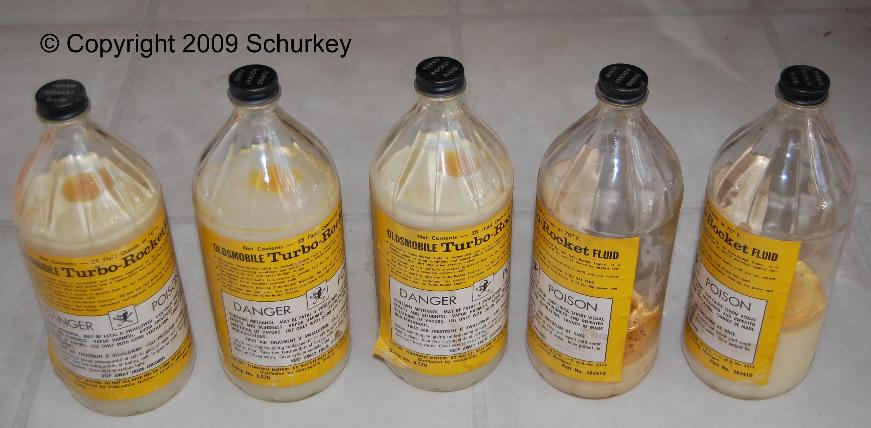Here's a snippet I've posted in the past that seems to add weight to what you say. Someone else's words.
The effectiveness of spark ignition is directly related to the availability of free hydrogen. Molecules containing tightly bound hydrogen such as methanol, nitromethane, and methane are far more difficult to ignite than those with less bonds.
During combustion - water - H2O ( present and formed ) is extremely active in the oxidation of the hydrocarbon. The predominant reaction is the following:
OH + H ==> H2O
H2O + O ==> H2O2
H2O2 ==> OH + OH
Loop to top and repeat.
The OH radical is the most effective at stripping hydrogen from the HC molecule in most ranges of combustion temperature.
Another predominant process is the HOO radical. It is more active at lower temperatures and is competitive with the H2O2 at higher temps.
OO + H ==> HOO
HOO + H ==> H2O2
H2O2 ==> OH + OH
This mechanism is very active at both stripping hydrogen from the HC and for getting O2 into usable combustion reactions.
Next consider the combustion of CO. Virtually no C ==> CO2. Its a two step process. C+O ==> CO. CO virtually drops out of early mid combustion as the OH reactions are significantly faster and effectively compete for the available oxygen.
Then consider that pure CO and pure O2 burns very slowly if at all. Virtually the only mechanism to complete the oxidisation ( Glassman - Combustion Third Edition ) of CO ==> CO2 is the "water method".
CO + OH ==> CO2 + H
H + OH ==> H20
H2O + O ==> H2O2
H2O2 ==> OH + OH
Go to top and repeat.
This simple reaction accounts for 99% + of the conversion of CO to CO2. It is important in that fully two thirds of the energy of carbon combustion is released in the CO ==> CO2 process and that this process occurs slow and late in the combustion of the fuel. Excess water can and does speed this
conversion - by actively entering into the conversion process thru the above mechanism.
The peak flame temperature is determined by three factors alone - the energy present and released, the total atomic mass, and the atomic ratio – commonly called CHON for Carbon, Hydrogen, Oxygen, and Nitrogen. The chemical reactions in combustion leading to peak temperature are supremely indifferent to pressure. The temperatures and rates of normal IC combustion are sufficient to cause most of the fuel and water present to be dissociated and enter into the flame.
As can be seen above, water is most definitely not only not inert but is a very active and important player in the combustion of hydrocarbon fuel. Ricardo and others have documented that under certain conditions ( normally supercharged ) water can replace fuel up to about 50% and develop the same power output, or that the power output can be increased by up to 50% addition of water. This conditions were investigated by NACA and others for piston aircraft engines. It is important to note that these improvements came at the upper end of the power range where sufficient fuel and air was available to have an excess of energy that could not be converted to useable pressure in a
timely manner.



